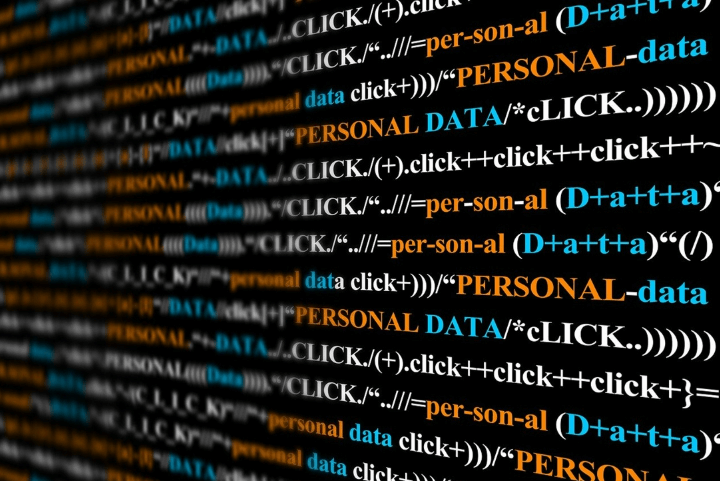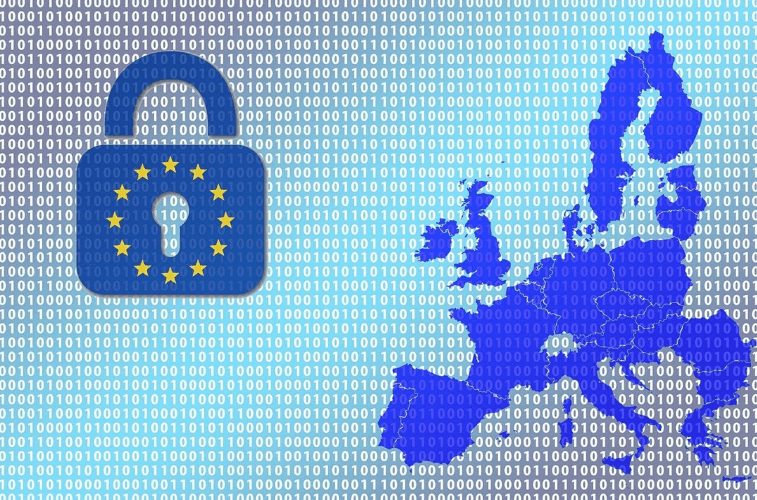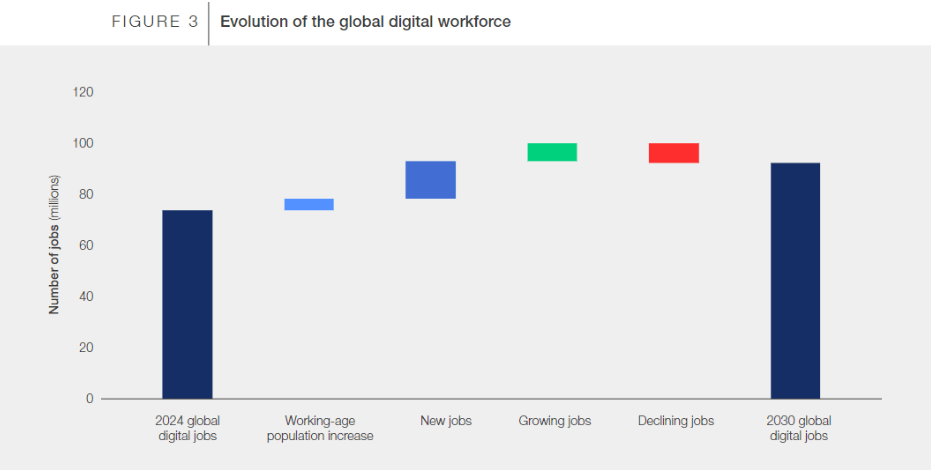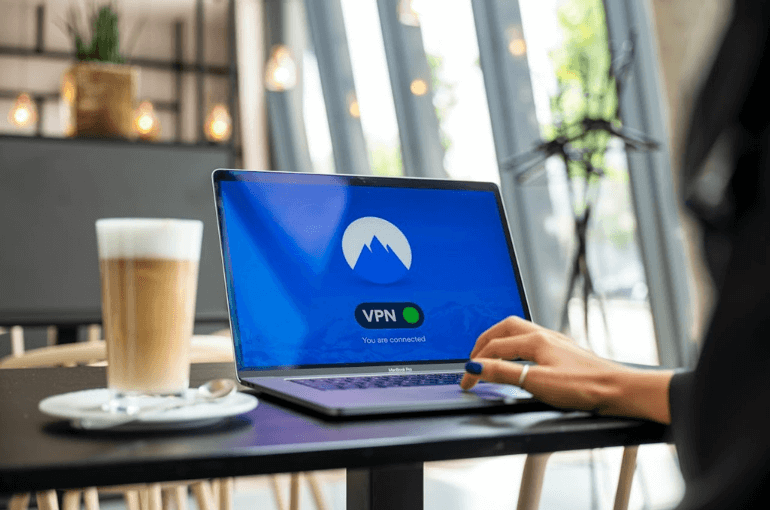As a business, you’re familiar with the idea of keeping customer data safe—but you need to protect your employee’s personal information just as strongly.
It's crucial to avoid this data falling into the wrong hands, but employee data protection can be a challenge in the global workplace, thanks to distributed teams and evolving legal requirements.
In this post, we'll explore the world of employee data protection, explain why it should be a priority for international businesses, and look at some best practices.
What is employee data?
Employee data describes any information an organization collects and processes about members of its workforce. International businesses, with hundreds or thousands of employees, typically hold vast amounts of data about them.
Much of this data is personal identifiable information (PII), or anything that could be used to identify an individual employee. This includes financial, medical, biometric, and demographic information.
Types of employee data categorized as “sensitive PII” include salary and benefits, employment contracts, performance evaluations, and disciplinary records.
Employee data collection isn’t necessarily a bad thing. You need to know certain things about your staff, such as their bank account numbers and basic contact details, so that you can pay their wages, manage taxes, and provide benefits like health insurance and retirement plans.
The key is to keep this information safe, as we’ll see below.

What is employee data protection?
Employee data protection is the act of safeguarding your workers’ personal information while they are employed by your business. This includes keeping the data secure while it’s collected, stored, used, and shared, and ensuring it gets deleted when no longer required.
There are various laws and regulations around employee data protection. These vary from country to country. But in general, the concept means:
-
Only collecting data that’s strictly necessary, and deleting it when no longer required
-
Storing data securely and restricting access
-
Telling employees what data you’re collecting and why
-
Obtaining consent for data collection and use
-
Giving employees the right to access the data you hold about them
-
Keeping data protection policies up to date
For example, when the HR team is recruiting and hiring new employees, they must tell job applicants what personal data they need to submit and for what purpose. Some jurisdictions have specific rules around running background checks from publicly available information (such as social media).
Examples of employee data protection laws
Here are some of the data privacy laws in countries around the world. Some refer specifically to employment, while others govern the general privacy rights of citizens.
-
EU countries and the UK: General Data Protection Regulation (GDPR)
-
USA: Privacy Act (federal), plus state-level regulations such as the California Consumer Privacy Act (CPRA)
-
Brazil: General Personal Data Protection Law / Lei Geral de Proteção de Dados Pessoais (LGPD)
-
New Zealand: Privacy Act
-
Australia: Privacy Act
-
Singapore: Personal Data Protection Act (PDPA) and Employment Act
-
China: Personal Information Protection Law (PIPL) and Cybersecurity Law
-
United Arab Emirates (UAE): Protection of Personal Data (PPDL)
-
India: Digital Personal Data Protection Act (DPDPA)
Why is employee data protection a priority for international businesses?
If you’re running an international business, you already have a lot to think about, from export duty to global supply chain logistics. But protecting your workers’ personal information is just as important—here’s why you should prioritize it:
Fosters employee trust
Building relationships and mutual trust can be challenging when you’re managing a distributed workforce and navigating language and cultural differences. Taking care of their data and ensuring privacy shows that you care about their rights, and goes a long way toward earning their trust.
For instance, being transparent about how you use their data, and giving them access to it via Data Subject Access Requests (DSARs), will increase their confidence in your management. It will also make them happier to share their information, which makes life easier for you.
When staff feel that the business is looking after their interests, they will be more engaged and happy to keep working for you long-term. It also helps with recruitment, as a reputation for ethical practices and fair treatment will make other people want to work for you, too.
DID YOU KNOW? It’s a common misconception that employers can use workplace surveillance practices for business purposes. But most global privacy laws only allow this under certain conditions.
Respecting employee privacy rights is important for trust. So, in the same way you’d use a call recording disclosure statement for clients, it’s wise to obtain consent from employees for monitoring them.
Ensures compliance
Another key reason to prioritize employee data protection is to maintain compliance with worldwide laws and regulations. When you’re employing staff in different countries, you must comply with the relevant legislation or face serious penalties.
It’s vital that you understand which laws and regulations apply to your situation. Every nation’s laws are slightly different, and they may depend on your employees’ citizenship, place of residence, or place of work. Some apply to certain sizes of business, or specifically to public or private companies.
Some laws apply across borders. For instance, if your business is based in a non-EU country but you employ people who reside in the European Union, GDPR applies to them. Similarly, if you’re based inside the EU, you’ll have to comply even if your employees work outside the EU.
Data regulations in the USA are even more complex because they vary between states, while some laws are at the federal level. Certain states have specific biometric privacy and breach notification laws.
Mitigates risk of data breach
Global businesses can be at high risk of a breach due to their large volumes of data and cross-border data transfers. Plus, businesses with multiple locations and devices connected in a digital workspace mean multiple entry points for attackers.
If employee data isn’t properly protected, cybercriminals could steal it and either hold you to ransom or impersonate a worker to gain access to your business systems. The impact of such a data breach could be catastrophic for your company.
For one thing, you could face a costly fine. Then there’s the reputational damage which can lead to loss of custom—even if a breach only affects employee data, it’s not a good look for the business. There’s also the threat of legal action from employees whose information has been compromised.
For example, DISA Global Solutions, a firm that provides employee background checks, suffered a 2024 cyberattack that exposed the personal data of 3.3 million people—including social security numbers and bank account details. At least two of those affected have now filed class action lawsuits against the company.
Promotes secure remote working
By 2030, global remote digital jobs are estimated to grow by around 25% to over 90 million roles. So, it’s likely that your international firm employs at least some remote workers.
Image from World Economic Forum
When staff are accessing company systems from various global locations, there can be risks associated with unsecure servers or networks. Plus, if they’re using their own devices to log in, there are a lot more potential entry points for attackers.
Employee data protection practices such as using virtual private networks (VPNs), multi-factor authentication (MFA), and full security training will safeguard both their personal data and your organization from threats.
Best practices for employee data protection
Wondering how to keep your employees personal data safe? Let’s explore some best practices to implement.
Create a specific security policy
It’s best to have a dedicated policy that outlines your rules and processes for the protection of employee data. List the sources and types of personal information you collect and store, and how the data may be used.
The policy should also include a checklist for compliance and guidance on how to respond to a security incident. Communicate the policy to all employees, and review it regularly to factor in changing company circumstances and regulations.
Implement robust security protocols
Evaluate the potential risks, and implement a security solution that covers each one. Include data encryption, firewalls, and regular backups of all sensitive information to secure storage. Use multi-factor authentication and access controls to ensure that only authorized personnel can view or share personal information.
Third-party vendors
If you’re using third-party service providers or software systems for data collection, storage, or processing activities, you’ll need to check that they also follow strong data protection and privacy practices. You can set up formal contracts and even use non-disclosure agreements (NDAs).
Conduct regular audits
Regular internal audits help to ensure you're protecting employee data. If you're not sure of the internal audit meaning, we're talking about reviewing your processes and checking for any compliance issues or security vulnerabilities.
This includes updating your breach response plan for security incidents, and making sure you comply with any new or updated regulations.
Provide training
It’s important to offer ongoing training for all employees on your data protection policies. They should know how to spot (and report) signs of a cyberattack, as well as be aware of common tactics such as phishing. Awareness among employees will help to prevent attacks caused by human error. Plus, as they’ll be involved in the protection process, they’ll be more likely to trust you as they can see first hand how committed you are to data protection.
Encourage feedback
As well as keeping employees informed about your use of their data, encourage them to raise any privacy concerns and submit suggestions for improving security. Show them their input is valued—and increase their trust—by responding to all feedback.
Final thoughts
Thanks to advances in technology, international businesses are responsible for managing employee data in a variety of jurisdictions. You have a legal obligation to comply with data privacy regulations, but you also need to protect employee rights and earn their trust. And protecting their data also protects your company from costly security breaches.
Creating an employee privacy policy, implementing security protocols, and conducting regular audits will keep you on the right side of the law—and improve your relationship with your global workforce.





